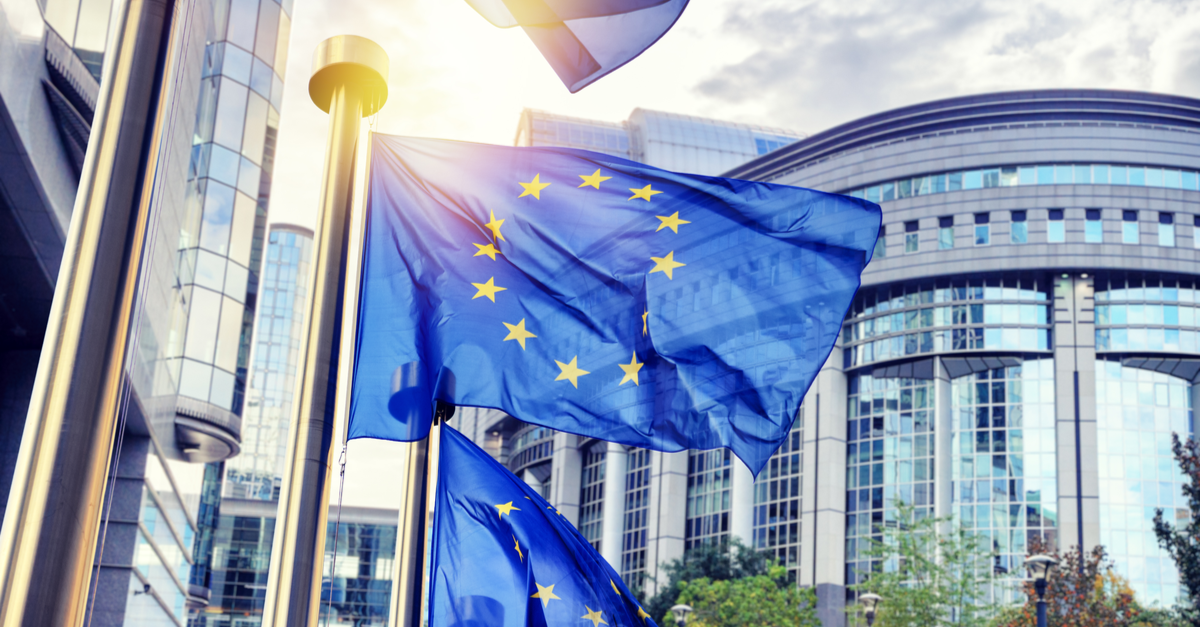New corporate sustainability due diligence requirements

New corporate sustainability due diligence requirements
The European Commission took a much-expected step towards sustainable corporate governance at the end of February when the proposal for a Directive on Corporate Sustainability Due Diligence was published. The new EU rules will require companies to strengthen their responsibility and sustainability operations throughout their global value chains and avoid adverse impacts on human rights and the environment. Companies operating in the EU will have common rules on corporate sustainability due diligence, and by this, the responsible companies can better meet investors’ and consumers’ expectations. Companies can also benefit from having a clearer view of their operations and their suppliers’ external impacts and will be able to identify problems and risks earlier.
Companies’ due diligence requirements will be clarified
Although many companies have already taken voluntary steps on corporate responsibility, there is a need to encourage more responsible and sustainable corporate behaviour. The aim is to answer many companies’ call for legal certainty on their due diligence requirements. Better transparency is also needed, as consumers and investors are increasingly more interested in the overall sustainability of companies and their products and services.
What the rules mean in practice for companies operating in the EU?
- Companies will have to integrate due diligence policy to identify and prevent or mitigate negative human rights, climate and environmental impacts in their value chain. These avoided impacts include issues such as inadequate workplace health and safety and, for example pollution of the environment and biodiversity loss.
- Companies are required to have a plan to ensure that their business strategy, and remuneration policies, are in line with the Paris agreement to limit global warming to 1,5°
- The proposal also involves new rules for companies’ directors that will have duties to set up and oversee the implementation of corporate sustainability due diligence processes and ensure that sustainability matters are taken into account in the corporate strategy also in the long term.
The proposal also includes possibility to impose fines and sanctions to companies, if a company fails to fulfil its due diligence obligations. Company can also be liable for damages if its failure to comply with the due diligence obligations leads to damages to affected people.
Large companies and high-impact sectors are in the scope
Large companies operating in the EU (500+ employees and net turnover worldwide more than 150 million euro) are in the scope of the Directive. The rules start to apply to 2 years later for smaller companies (250 + employees and net turnover worldwide more than 40 million euro) operating in defined high-impact sectors, that include e.g., the manufacture of textiles, food manufacturing, forestry, agriculture, metal products and mineral resources. Larger market players can take a leading role in mitigating the risks in their value chains and hence support smaller companies, that are not directly in the scope of the proposal.
Once the Directive is in force and applied in the EU, all companies in scope need to establish due diligence procedures and integrate human rights, environmental and climate objectives into their corporate strategy. Directors are required to consider sustainability consequences of their decisions in the short, medium and long-term. Company’s Board of Directors should, in principle, be able to assess the company’s operations from an environmental and human rights perspective.
Corporate sustainability due diligence complements EU Taxonomy and sustainability reporting
The Corporate Sustainability Due Diligence Directive complements the EU Taxonomy and CSRD (the proposal for Corporate Sustainability Reporting Directive) by requiring companies to identify their adverse risks and, for example, by helping in providing more detailed information on how companies respect the social safeguards as required by the Taxonomy Regulation. The CSRD will complete the last step of companies’ due diligence duty, that is the reporting part.
At the same time as the due diligence proposal is negotiated in the EU, the national corporate social responsibility legislation is being prepared in Finland. According to the Finnish Government, the national and EU rules on corporate sustainability will complement each other. After all, the aim of both legislative proposals is clear, that is to have more effective protection of environment and human rights and to get more companies involved in sustainable development goals.
Ecobio’s sustainability tools for top management
Are you wondering how you should prepare to meet the obligations? Our sustainability experts can help you guide your organization towards sustainable development. We have the expertise to lead organizations towards their goals ranging from alternative strategies to practice management and reporting. You can find more information about our sustainability tools for top management here.
If you wish to speak to a consultant, please contact Henrik Österlund:
To read more about Ecobio Manager EU-Taxonomy services, please click here.
